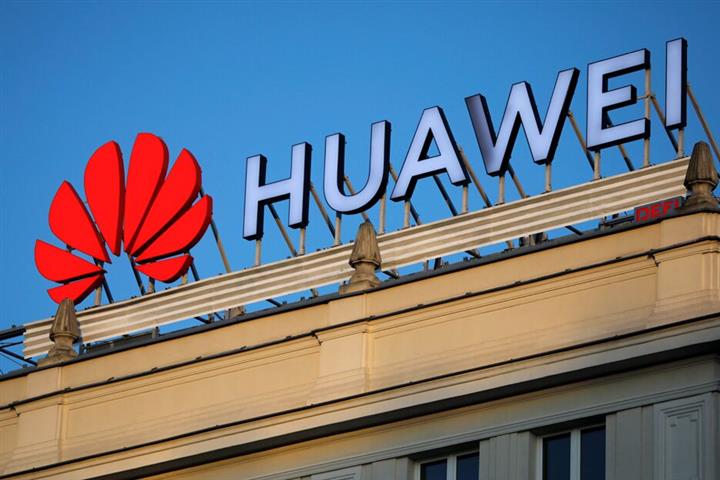 Huawei Won’t Exit Server Business Amid Chip Dearth, Company Source Says
Huawei Won’t Exit Server Business Amid Chip Dearth, Company Source Says(Yicai Global) Aug. 6 -- Huawei Technologies has yet to officially respond to speculation that the Chinese telecoms giant plans to sell some of its server businesses to a Chinese state-owned assets manager because of a shortage of chips.
But an insider at Huawei told Yicai Global that the Shenzhen-based company would not give up its server business, while admitting that there were problems in its partnership with US chip giant Intel.
Speculation started yesterday after a netizen said in a post on a well-known online communications industry forum that Huawei may sell some of the business to the State-owned Assets Supervision and Administration Commission of the Suzhou city government.
Huawei cannot go on making its x86 servers because of problems with Intel’s chip supply, but it will retain the server business using self-developed Kunpeng chips, the post said.
Huawei has been included in the US government’s so-called Entity List since 2019, which restricts American firms, including Intel, Qualcomm and Google, from selling relevant components to the Chinese company.
Intel has permission to continue supplying specific products to Huawei, an Intel spokesperson said last September, without specifying which ones. But problems in Intel’s supply of chips to Huawei resurfaced in late May, according to market sources.
Cooperation between Intel and Huawei has not resumed officially, analysts told Yicai Global. Chip manufacturing remains the biggest problem, the Huawei insider said.
Huawei still hopes to continue its server businesses with its own chips. “Kunpeng’s ecology is to build a truly open-source platform around the future computing industry to achieve true self-control, safety and reliability,” a Huawei China executive told Yicai Global earlier.
Huawei dropped out of the ranks of the top five global server providers in the first quarter of the year, according to research institute IDC. In the same period last year, it ranked fifth with a market share of 4.9 percent and revenue of USD109.9 billion.
Against the backdrop of US sanctions, Huawei announced in November that it would sell its Honor budget phone brand business to a new company established by the Shenzhen SASAC and more than 30 agents and distributors to ensure its survival.
Editor: Peter Thomas